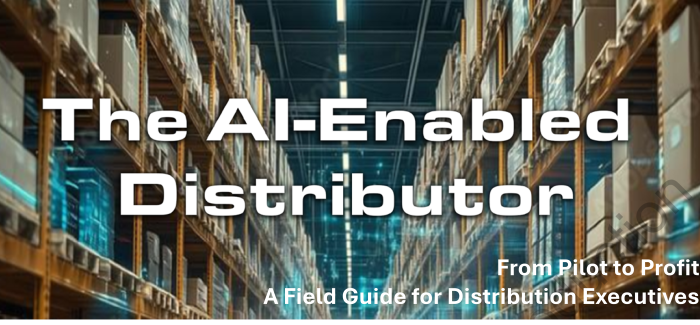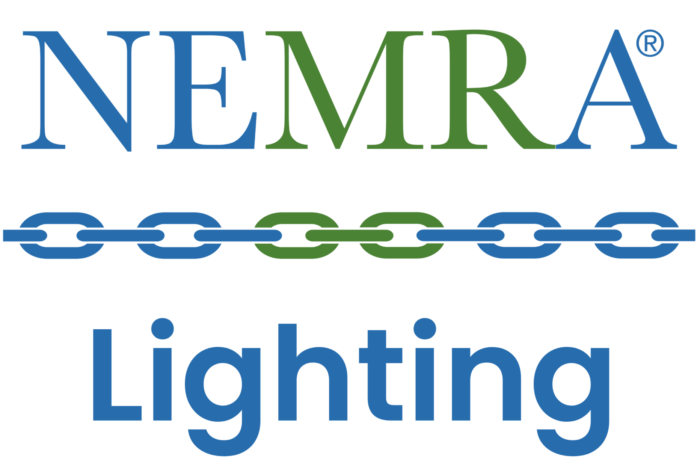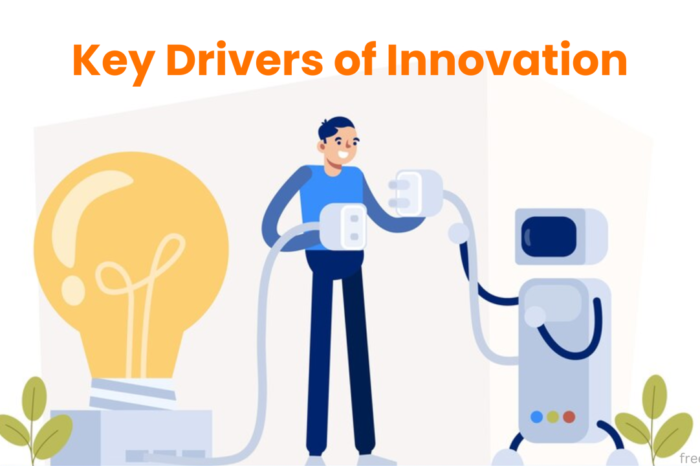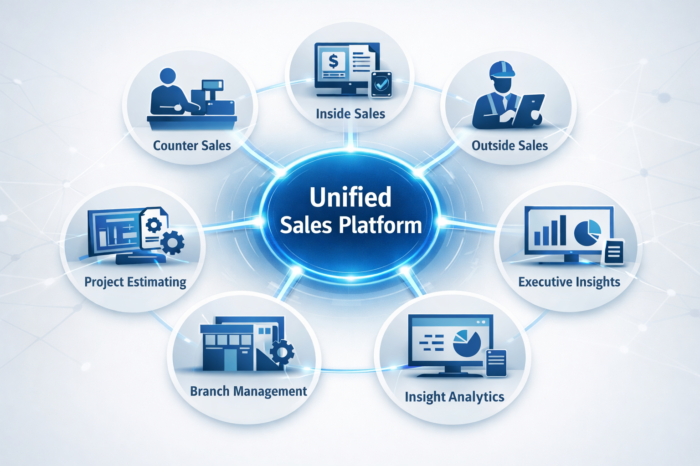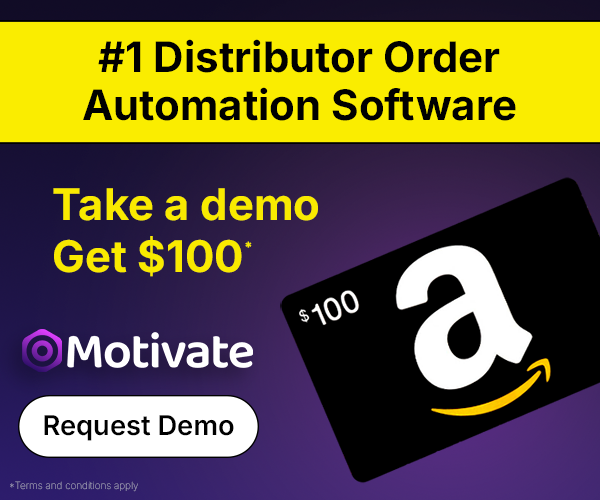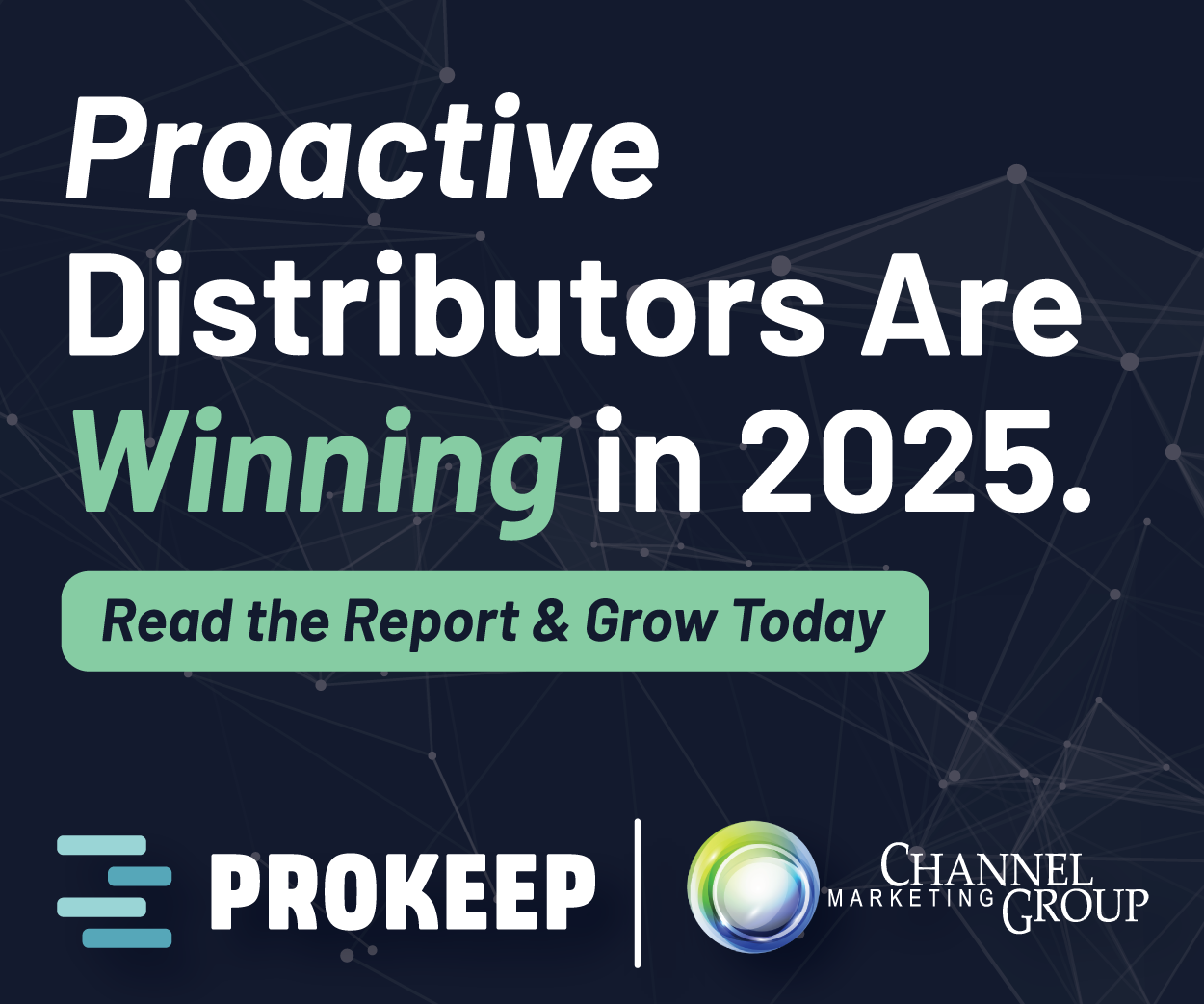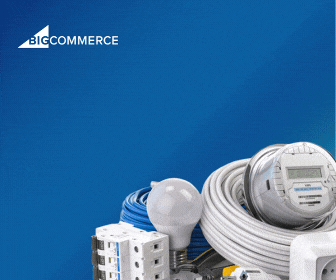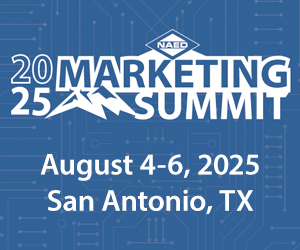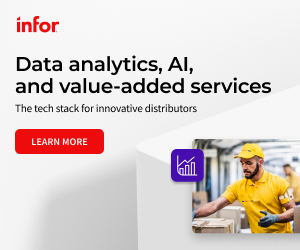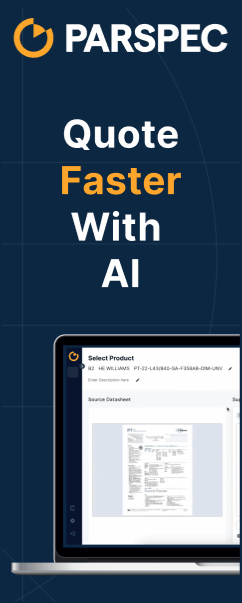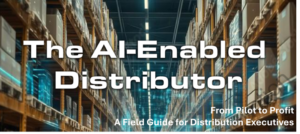AI in A/E/C; Future Opportunities for the Electrical Channel
 Lately I’ve had conversations with a number of reps, distributors, and manufacturers that involve “technology” but not in the conventional sense of the tools / software but more as it relates to functionality / capability for the future, does their IT department (which could be their ERP / software provider) have a tech roadmap that includes AI?
Lately I’ve had conversations with a number of reps, distributors, and manufacturers that involve “technology” but not in the conventional sense of the tools / software but more as it relates to functionality / capability for the future, does their IT department (which could be their ERP / software provider) have a tech roadmap that includes AI?
AI is here. It will generate opportunities to improve your business by managing repetitive interactions, identifying opportunities, streamlining / optimizing / generating information faster and much more.
It’s already into everyday life. As a distributor, rep / lighting agent, and manufacturer you, and your tech provider / department, need to be thinking about this and having regular discussions about “what if” and “how can” and “what are you seeing”?
While Mark McGready shared that AI should be considered as Automated Interactions and Analytics Integrations, and these are things that distributors and manufacturers need to start doing today, Trimble, which works with architects, engineers, electrical contractors as well as electrical distributors and electrical manufacturers is seeing how it is being used “in the field” or “downstream.”
Sumana Rao, a Digital Platform Leader, for Trimble, who is well acquainted with the construction and electrical industry, shares some thoughts on how AI can become an advantage for your company. It will be become a baseline as it becomes integrated into ERP platforms. It becomes an advantage when it is 1) customized, 2) developed specifically for you, and/or 3) you take advantage of its capabilities and turn them into opportunities.
Sumana shares how distributors and manufacturers can start thinking about AI in their business today. At the end, Trimble shares a podcast, and an opportunity for a free 3rd party resource, to learn what is happening in the A/E/C space … which is important for those seeking first mover advantage.
Embracing AI for Strategic Advantage in Distribution and Manufacturing
In the fiercely competitive realm of electrical distribution and manufacturing, artificial intelligence (AI) – the simulation of human intelligence processes by machines – stands as a game-changing force, unlocking unprecedented opportunities for innovation and operational efficiency. Achieving a competitive edge in this sector demands not only a blend of forward-thinking cutting-edge technologies, but also a deep integration of customer-centric insights into every facet of business strategy to foster differentiation and value creation.
Historically, distributors have pursued competitive advantages through value-added services, diversification, and fostering relationships with new suppliers, while manufacturers have concentrated on launching innovative products and refining business processes. Now is the time to utilize technology to unleash information and insights that drive revenue, profitability, and productivity.
The past decade, we’ve seen technology fundamentally alter the competitive landscape, with a notable pivot towards eCommerce, customer relationship management (CRM), digital marketing, and online training. However, AI has now emerged as the vanguard of this technological shift, presenting the most substantial promise for overhauling supply chain logistics and enabling manufacturers and distributors to accurately forecast customer demands, an area pivotal to gaining a tangible competitive advantage.
As the industry undergoes continuous transformation, weaving AI into the fabric of business strategies becomes a critical imperative for companies aspiring to sustain and broaden their market footprint. The collaborative dynamic between distributors and manufacturers, empowered by AI, fosters a synergy that not only drives both parties towards success but also enhances their mutual productivity and effectiveness. This article explores AI’s pivotal role in redefining the landscape for construction sector players, illustrating how its strategic embrace can endow distributors and manufacturers with heightened efficiency, innovation, and market leadership across essential business areas including Business Development, Marketing, Sales Operations, Production, Logistics, Finance, HR, and Product Development and provide a framework for factoring in important ethical implications of using AI in your business.
AI’s Transformative Impact Across Business Functions:
- Business Development & Marketing
By providing a shared, data-driven view of the market, AI facilitates a symbiotic relationship that optimizes sales, marketing, and product development efforts––unlocking transformative opportunities by fostering closer collaboration between electrical distributors and manufacturers.
- Sales Operations:
Through automation, AI simplifies complex sales processes from quote to completion. It revolutionizes inventory management with predictive insights, ensuring optimal stock levels and elevating customer service.
- Production Logistics:
AI’s influence extends to streamlining supply chain management, predictive maintenance, and quality control. This not only ensures efficiency and cost-effectiveness but also elevates product standards and delivery reliability.
- Finance:
AI transforms financial planning and risk management with unprecedented forecasting accuracy and automates compliance, safeguarding against financial discrepancies and enhancing operational transparency.
- Human Resources (HR):
In HR, AI has the potential to enhance recruitment, training, and development, supporting the alignment of talent management with strategic business objectives. It can help personalize employee experiences, contributing to a culture that promotes growth and innovation.
- Product Development:
AI accelerates the product development cycle, from design through market analysis, ensuring that new offerings are innovative and perfectly aligned with market demands and production capabilities.
- Navigating the AI Journey with Ethical Integrity:
Adopting AI transcends technical implementation; it requires a commitment to ethical principles, data protection, and societal well-being. Developing a governance framework that embodies these values ensures that AI technologies enhance business capabilities without compromising ethical standards.
For industry leaders, integrating AI is a strategic imperative that promises to redefine the competitive landscape. It necessitates a holistic view, embracing AI not merely as a tool for operational efficiency but as a cornerstone of strategic innovation and ethical business practice.
First Step
The first step on this transformative journey involves a comprehensive assessment of organizational readiness and strategic objectives. Building AI literacy and fostering an innovation-driven culture are critical to leveraging AI’s full potential. Embracing AI for strategic advantage in distribution and manufacturing necessitates more than just the adoption of new technologies; it requires the creation of an ecosystem that fosters innovation, efficiency, and collaboration. Trimble’s unique position, with its deep understanding of the pain points and workflows of contractors, distributors, and manufacturers, sets the stage for a future where AI-driven collaboration transforms the construction sector. by anticipating the evolving needs of the industry. By integrating AI, Trimble envisions being an essential software partner for its customers, helping them to enhance operational efficiencies, enable smarter decision-making, and facilitate seamless collaboration. This approach promises a future where the construction sector achieves sustainable growth, market leadership, and ethical innovation by navigating the challenges and opportunities of the digital age together.
Sumana Rao is a business / technology leader with over two decades of experience in driving growth, innovation, and digital transformation in the construction technology industry. Currently, she is responsible for strategic planning and execution in the construction sector at Trimble. Her expertise in data-driven decision making and cross-functional team leadership has fueled corporate expansion and created integrated solutions that propel organizational success.
Thoughts
AI is gaining traction within the construction industry. Architects, engineers, and contractors are using it to improve communications, improve processes, reduce waste, and streamline the construction process. They also have a vision that the insights gathered will enable better planning and decision-making … and decision-making that affects distributor and manufacturer interactions and selection!
If you pursue larger projects, you should check out this video / podcast to understand what some of YOUR customers are doing (a case study starts at about the 12:00 mark). The video is with the founder, Mehdi Nourbakhsh of YegaTech, a company that “specializes in AI foundation and innovation training for the Architecture, Engineering, and Construction (AEC) industry.” He’s also written a book called “Augment It.” (and if you listen to the podcast there is an offer that enables you to get a free copy of the book as well as a free workbook.
And an interesting question will also be, “how does a manufacturer sales force (A/K/A “an independent electrical manufacturer representative / lighting agent”) participate, or at least be in the flow of communication?
Aside from defining the “use case” and understand goals, keys to success will be the digitalization of content. Aside from product specifications, elements such as BIM will become critical. Manufacturers need to be dedicated to these investments. Companies that solely source finished products will need to determine if they invest in these tools let alone who owns the intellectual property of product information as well as the technology infrastructure. “True” manufacturers may have an advantage as digitalization of content could be manufacturer value proposition. Communicating this “service” as a product will be a marketing and sales challenge for manufacturers.
As Sumana says, “AI can be a game changer.” It can become a game changer within a business. It could become a game changer within the channel. It could be customer-specific. The key is understanding your company, your needs, your business case(s).
Do you think AI will impact your business, or the industry, within the next three years or is this a longer-term issue that you’re not too worried about?


